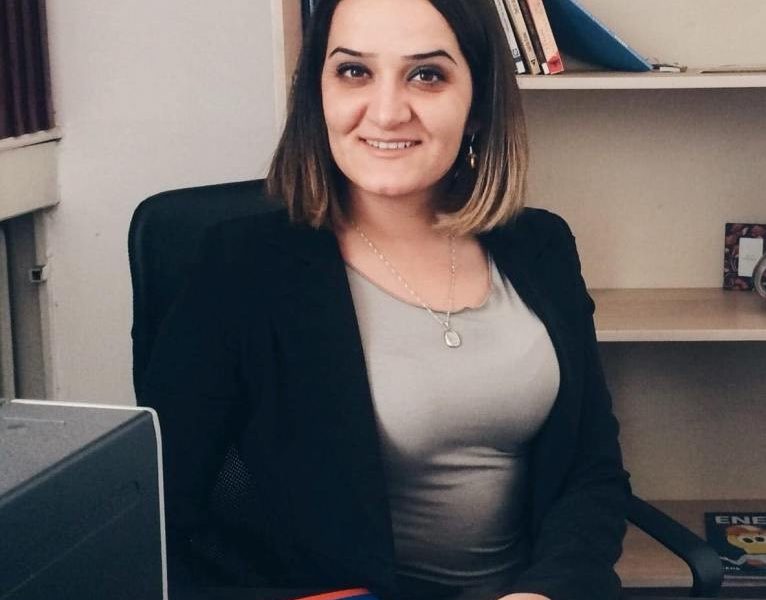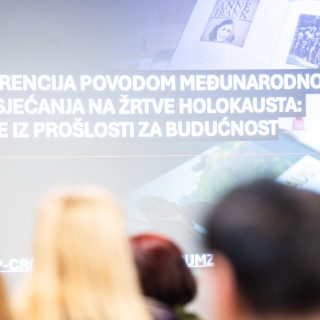Despite the political circumstances through which the state of Kosovo and that of Serbia have passed and continue to pass on their way to peace, trade between these two countries remains the highest in terms of export and import amongst the states that collaborate. Nenad Ðurđević, advisor to the President of the Chamber of Commerce of Serbia said that exports from Kosovo to Serbia increased by 43 million Euros and this figure is higher by 47.2% compared to the same period in 2021.
Also, according to figures published by the Kosovo Statistics Agency (KSA), in September this year, the countries with the highest participation in import were: Serbia 7.0 percent, North Macedonia 4.6 percent, and Albania 4.0 percent.
With regards to the export of Kosovo products to Serbia, they reach the figure of 7.7 %.
“In September 2022, Kosovo’s exports to CEFTA countries reached to 28.1 million Euros, or 36.6% of the general exports, with an increase of 12.1%. The key export partners from CEFTA countries are: North Macedonia (11.9%), Albania (11.5%), Serbia (7.7%) and Montengero (4.1%)”, says the report.
With regards to this, the President of the Kosovo Chamber of Trade and Industry, Skënder Krasniqi, said that Kosovo encounters problems when exporting products to Serbia due to the sabotage against our products there. He also remarked on the failure to implement the economic agreements. “In continuity, as a result of the lack of consistent policies, each agreement that Kosovo has achieved with the countries in the region or in Europe, in general, or others, had more of a negative influence in increasing imports rather than increasing exports in Kosovo. The CEFTA agreement too, was signed a few years ago without any of the conditions imposed by Kosovo. Therefore, there was an enormous increase of imports, whereas export was symbolic, even with the CEFTA or European Union countries, or Turkey, as we have signed a Free Trade Agreement with the latter too,” he says.
“We have requested that these agreements be reviewed and to defend the local products, to face the import from these countries. With regards to the relations with Serbia we have huge obstacles to export our products to Serbia as a result of the sabotaging conditions imposed by the state through its mechanisms. We have obstacles to export to European countries through Serbia too, due to the conditions they impose in contravention with the law. We should reciprocate,” Krasniqi says.
On the other hand, Nenad Ðurđević, Advisor to the President of the Chamber of Commerce of Serbia, said that imports from Kosovo to Serbia marked an increase by 43 million Euros and this figure is higher by 47.2% compared to the same period in 2021. “The total of trade with Kosovo in the first nine months of 2022 reached to 392.3 million Euros, a figure which is higher by 21.6% compared to the same period in 2021, when it was registered at 322.7 million Euros. Export from Serbia was 349.2 million Euros and this figure is higher by 19% compared to the same period in 2021”, he said. “Import from Kosovo was 43 million Euros, higher by 47.2% compared to the same period in 2021. The surplus in the first six months is 306.2 million Euros,” he says.
He also said that trade with Kosovo in 2021 was 444.9 million Euros compared to the previous year.
“The total trade with Kosovo in 2021 was 444.9 million Euros, which is higher by 60.6 percent compared to the same period in 2020, when it was registered at 277.1 million Euros. Export from Serbia reached to 404 million Euros and is higher by 60.05% compared with the same period in 2020. Import from Kosovo was 40.9 million Euros and was higher by 61.3% compared with the same period in 2020. The surplus in 2021 was 363.1 million Euros”, he says.
He talked about the main products exported to Kosovo. Based on the import quantity, he said that beverages, ethanol and vinegar, oil by-products, cereals, stoves, machineries and equipment, plastics and its by-products, rubber and its by-products.
“The main products exported to Kosovo in 2021: beverages, ethanol and vinegar, oil by-products, cereals, stoves, machineries and equipment, plastics and its by-products, rubber and its by-products, livestock, electric machinery, equipment and parts, various food items, wood and wood products, and oil and its products,” he says.
With regards to exporting Kosovo products to Serbia, he said that in 2021 the list was topped by iron and steel products, and fresh fruit. “The main products imported by Kosovo in 2021: iron and steel products, fresh fruit, plastic and its products, rubber and its products, leather, oil by-products, vegetable and fruit products, beverages, ethanol and vinegar, and cellulose of wood and lead,” he says.
Further, Nenad Ðurđević said the analysis of Serb exports to Kosovo indicates that of the general export in 2021 (404 million Euros), the part of products classified as labour tools is 33.5 million Euros (8.3%), the part of products for further production by economic operators purchasing intermediary goods from Serbia is 214.8 million Euros (52.2%), whereas the part of goods directly placed in the retail shops is 155.7 million Euros (38.5%). “These data indicate that the key import of Kosovo from Serbia are goods for further production by Kosovo companies, placing it in the market as a final product of a higher value. This is possible due to the CEFTA Agreement that enables free trade from taxes between Serbia and Kosovo,” he said.
Ðurđević said that on the other hand, the current structure of Kosovo’s economy is such that Kosovo relies heavily on the imported goods not only from Serbia, thus creating a large trade disbalance. “The biggest trade partners of Kosovo (the same stances from Serbia) are the EU and the countries participating in the CEFTA Agreement,” he says.
According to Ðurđević, trade and economic cooperation between Kosovo and Serbia is overly charged by the negative political climate. “Doing business between Kosovo and Serbia is overly charged by the negative political climate, the insecurity for businesses to plan for the long term, the imposition of tariffs and the lack of knowledge about the number of documents, i.e., the harmonization of veterinary certificates, the absence of recognition by the Serbian authorities of the declaration for the documents and packaging of products coming from Kosovo, the tariff for block materials, etc.,” he says.
He added that overcoming such issues and the efforts to normalize relations between Serbia and Kosovo would contribute to the general economic relations. He put a special emphasis on inclusion of investments and cooperation in the energy sector. “Overcoming these issues and the work to normalize relations between Serbia and Kosovo would contribute to increase the trade volume, and on the overall economic relations.”
Svetlana Staletović, a journalist who lives in Laplje Selo, a village on the border with Graçanicë/Gračanica, also said that in the locality where she lives there is a good collaboration at the level of businesses, and the social one also. “Near my home there is a bakery owned by Albanians, and that is where we buy our bread and other flour products, every day,” she says.
Stejanović, who owns a decoration store in Graçanicë/Gračanica, said she operates her business activity freely and has never had any business problems in Kosovo. “I work here for five years, we sell decorations. I have clients from all ethnicities, and I have never had any problems. So, we sell decorations for weddings and other festivities.”
She also said she has good cooperation with her work colleagues.
Shpejtim Kastrati, another consumer from Kosovo, said he consumes Serbian products, because according to him, they have reasonable prices and quality also. He mentioned the ‘Plazma’ cookies.
“I consume some products. The ‘Plazma’ cookies, as they taste differently and are processed differently. I think the historical aspect is sensitive but when it comes to food, it is different.”
Author: Albulena Mavraj
Editor: Xhemajl Rexha
This article is a product from the regional training on Dealing with the Past (DWP) and conflict-sensitive journalism, implemented by forumZFD-Program in Kosovo and North Macedonia. The opinions expressed in this article are of the author and in no way can be taken to represent the position of forumZFD.




